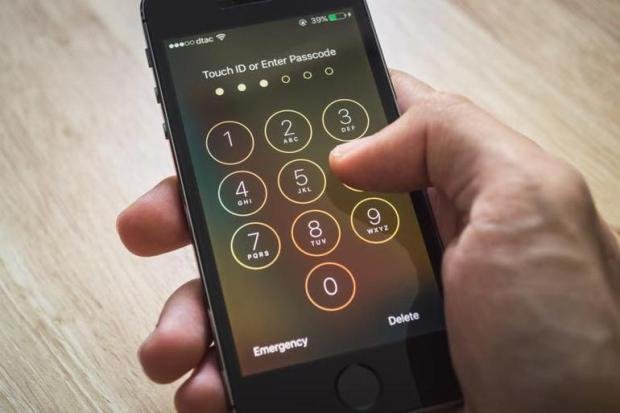
According to cyber forensics course specialists, a U.S. judge granted permission to a police agency to force some users to put their fingers in the fingerprint reader of some iPhone devices to try to unlock them.
Judge Judith Dein, of Massachusetts, granted the agents of the Office of Alcohol, Tobacco, Weapons and Explosives (ATF) permission to force Robert Brito-Pina, suspected of arms trafficking, to place his fingerprints on devices seized by the law enforcement agency.
The order was issued on April 18th and is scheduled to run on May 2. ATF agents may force the suspect to attempt to unlock the seized devices at his home; even other people who live there may be forced to put their fingers on the devices.
According to the cyber forensics course experts, this order is elaborated in a sufficiently specific way so that the agents could analyze each one of the fingers of the suspect and how to treat the seized devices.
One of the agents made some statements as to why the Agency considered it necessary to obtain this permit. According to ATF, traffickers frequently use intelligent devices for the illegal purchase and sale of weapons; In addition, the Agency considers that, due to the type of contracts under which these types of devices are acquired, many members of criminal groups opt to retain them for a long time.
In other words, the agency believes that the defendant’s mobile phone could store a considerable amount of evidence; it is even probable that Brito-Pena is suspected of this offense because of evidence collected in a similar way in other cases, such as SMS messages or locations registered on a device. The agency even claims that it has evidence of another suspect calling Brito-Pena.
Cyber forensics course specialists from the International Institute of Cyber Security (IICS) mention that, although U.S. law protects the integrity of user devices in cases like this (a manufacturer cannot be forced to unlock a device), police agencies seem to have found a way out of this problem by differentiating between the locked device and the users’ fingerprints.
It seems that the U.S. justice system has decided to treat both things as completely different for law enforcement, although this discussion is not over yet.

He is a well-known expert in mobile security and malware analysis. He studied Computer Science at NYU and started working as a cyber security analyst in 2003. He is actively working as an anti-malware expert. He also worked for security companies like Kaspersky Lab. His everyday job includes researching about new malware and cyber security incidents. Also he has deep level of knowledge in mobile security and mobile vulnerabilities.











